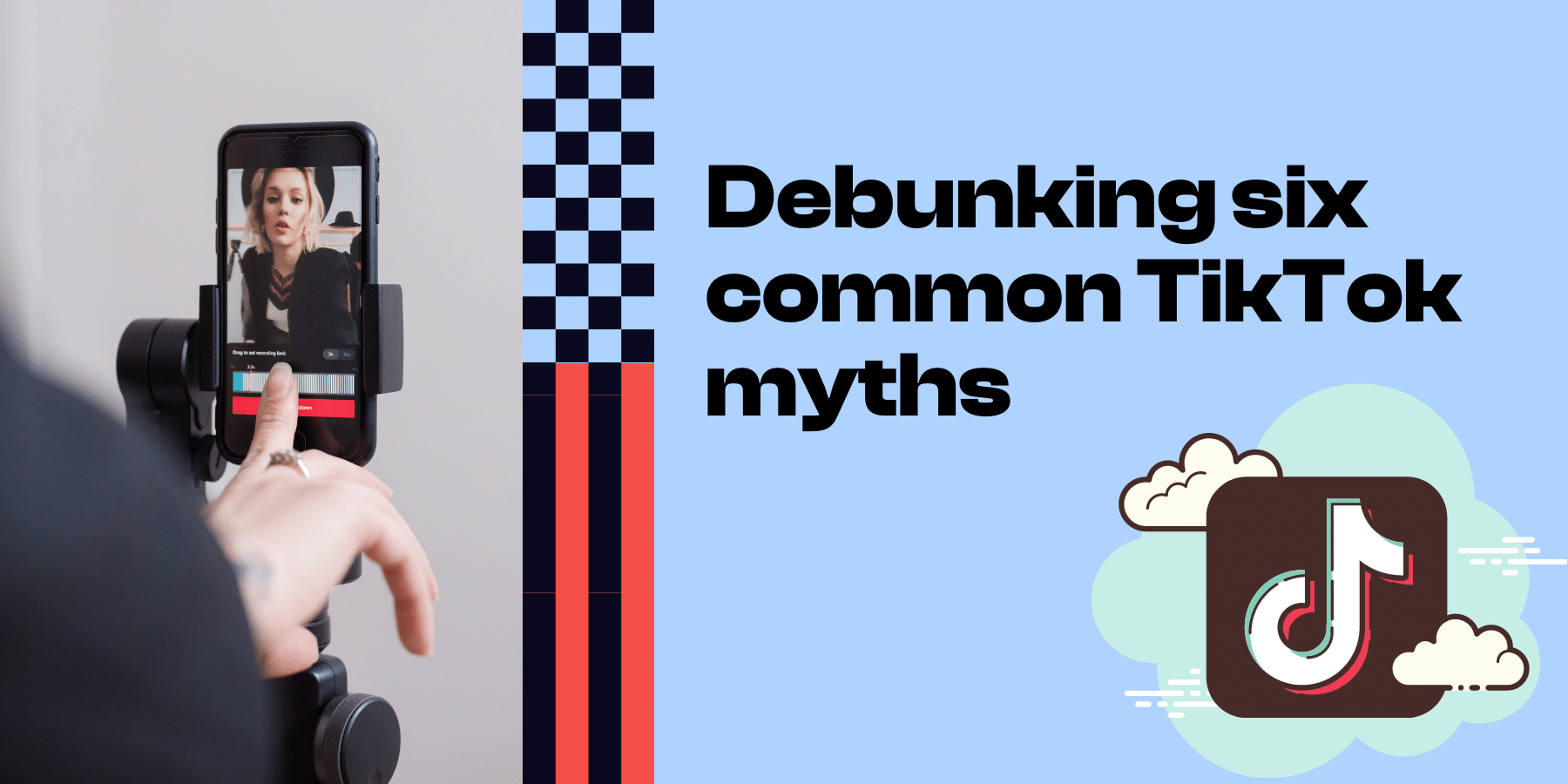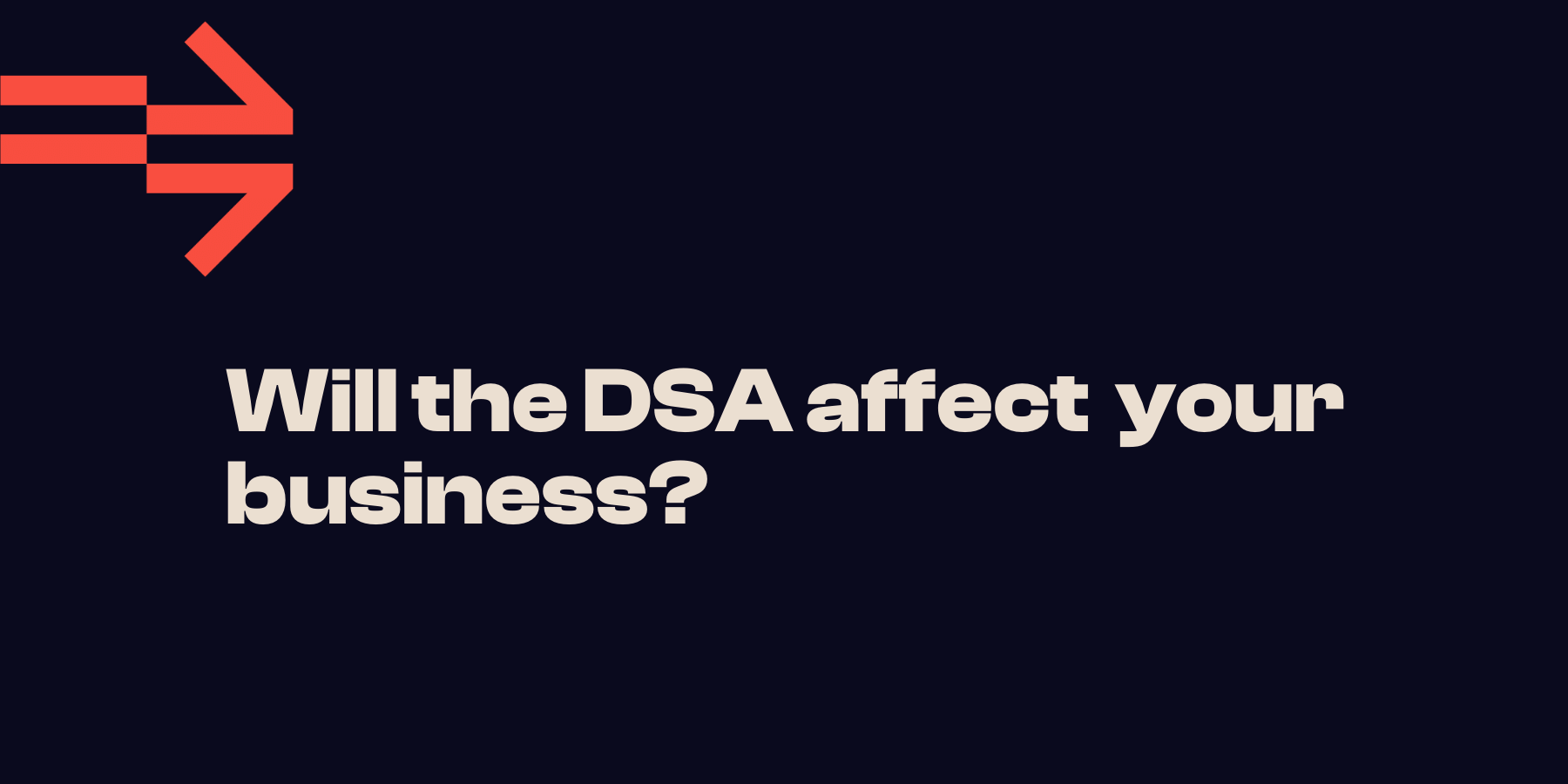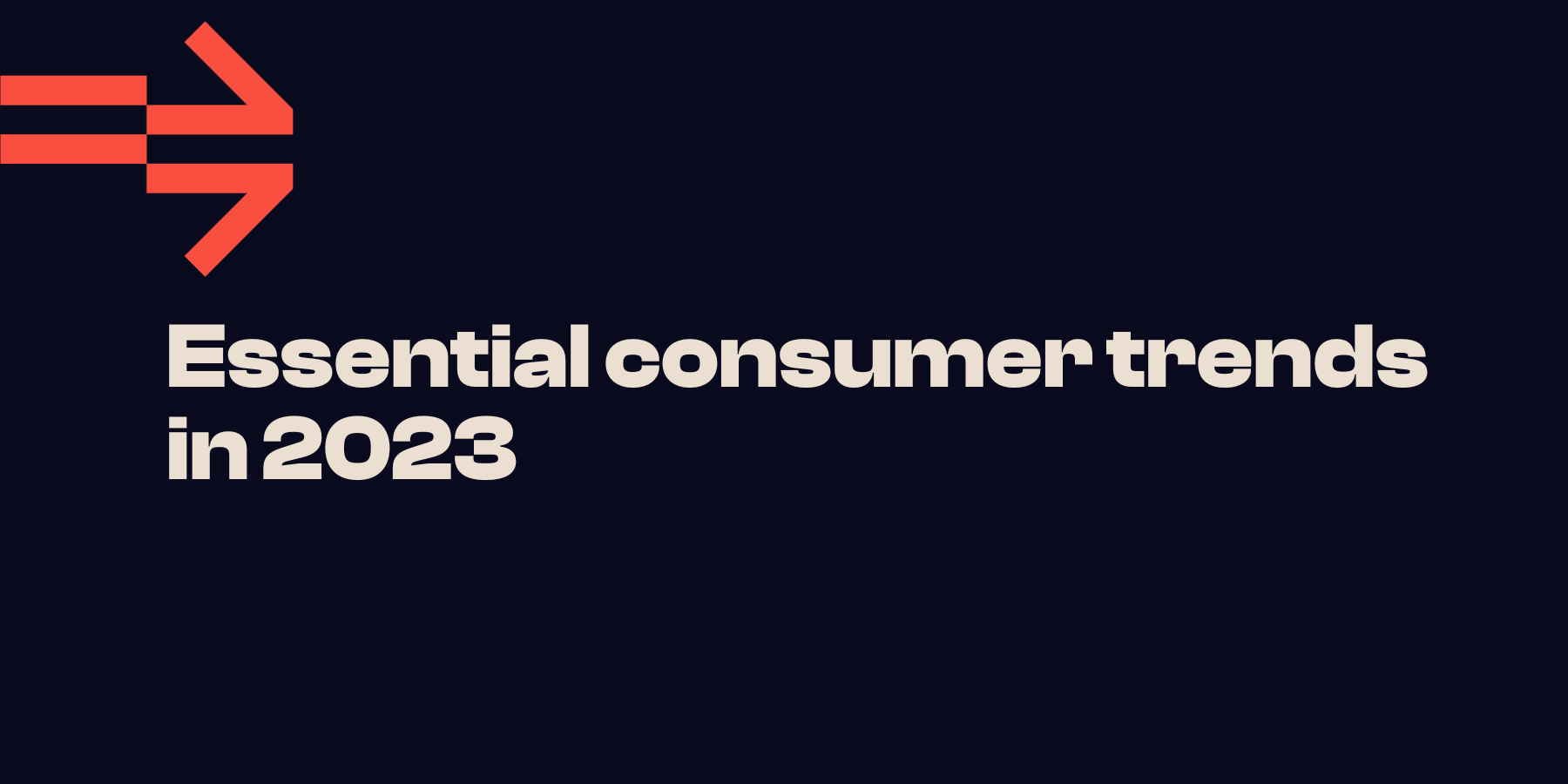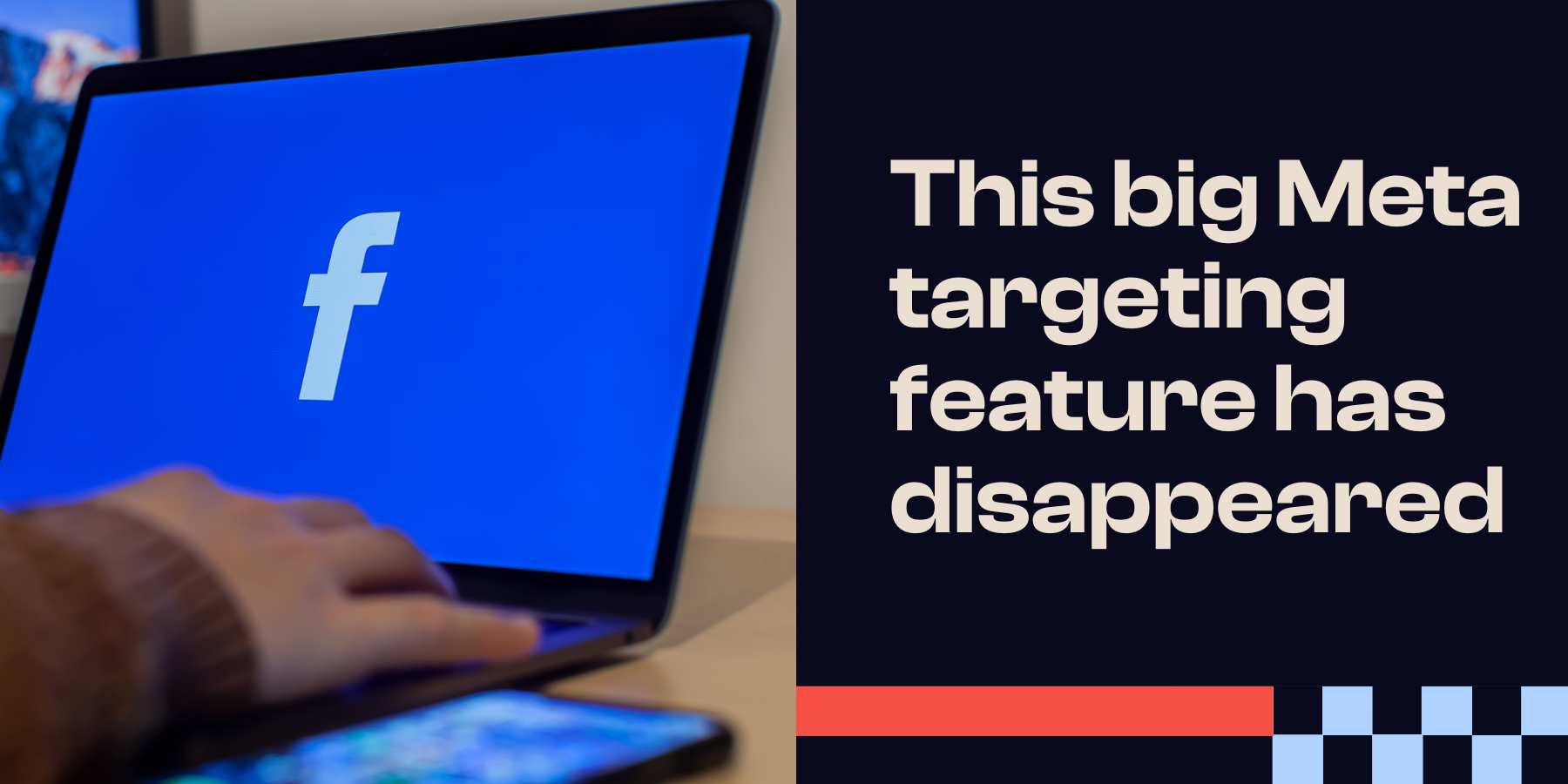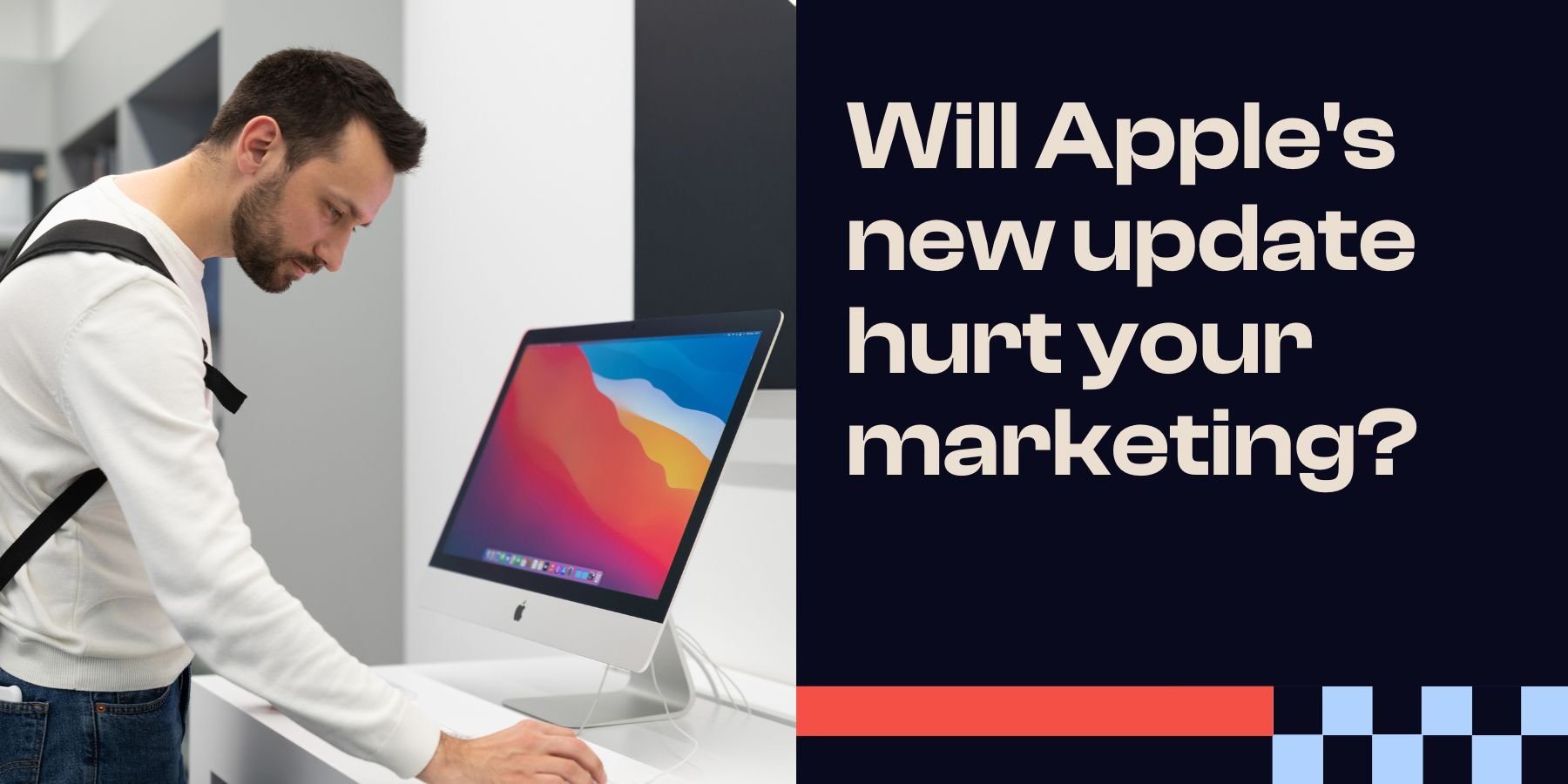The rise of FLoC & the death of targeted advertising cookies
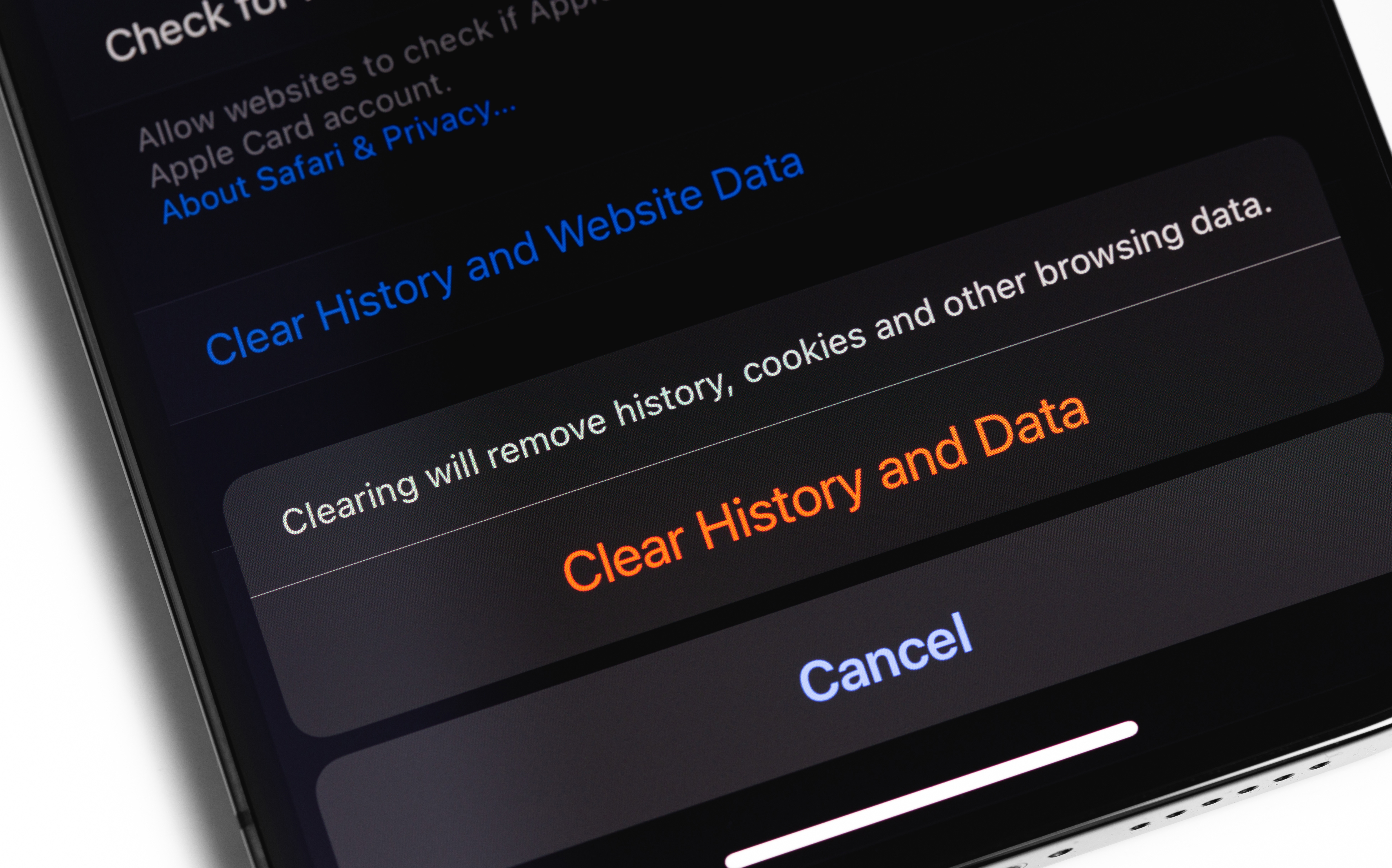
Last updated: 29 November 2021
From 2022, Google will no longer use third party cookies in its Chrome web browser. Matching the recent privacy-focussed decisions of Apple’s Safari and Firefox, Google is moving away from third party cookies.
While this cookie update is a big win for online privacy campaigners, the change could hit advertisers hard. Apple was one of the leaders here, with their iOS 14.5 release earlier this year allowing users to opt out of tracked advertising. This even had an impact on the US stock market, with Snapchat shares plunging as a result.
Third party cookies let advertisers to track consumers across the internet, allowing them to focus targeted advertising at individuals. This lets advertisers show their products to consumers already interested in their products.
So, without third party cookies, how are online advertisers going to pitch their products?
And will Google’s touted replacement, Federated Learning of Cohorts (or FLoC for short) have the perfect balance between privacy and advertising?
Why is Google killing cookies?
The decision to move away from third party cookies is based on a focus from tech companies to improve privacy concerns.
The Cambridge Analytica scandal of 2018 made people think differently about privacy and how we protect our identity online. As a result, more people became aware of how much of their user data was visible online. Users became concerned with how websites were able to track them across the internet and access personal data.
Google’s new cookie update is a step forward for privacy campaigners. However, advertisers are concerned about the implications of this change. third party cookies allow advertisers to target their advertising to a specific consumer base. This change may prevent them from doing so.
What the FLoC?
FLoC, Google’s proposed new browsing standard, was designed to protect users’ personal information. However, FLoC also enables advertisers to continue ’interest-based advertising’.
Rather than focussing on individual identifiers, FLoC groups users into categories based on their interests, with cohort IDs. This means that advertisers target a group of semi-anonymous users interested in, say, Apple products. While third party cookies would target individual users interested in Apple products.
As a result, FLoC isn’t going to kill targeted advertising, it’s going force marketers to learn new skills. And the ad tech companies are already working overtime to bridge the gap.
Will this cookie update affect Google Ads campaigns?
The Google update is still an evolving development, so the answer today could be different next week. It moves fast!
The first thing to note is that this update won’t kill all advertising targeting cookies.
First party cookies will still be working fine on Google Chrome. First party cookies are stored directly by the websites you visit. These allow websites to remember information that improves user experience such as language settings. On the other hand, third party cookies are created by parties other than the website you’re visiting. One of the most common examples of third party cookies are social buttons that allow you to ‘like’ posts across several different sites.
Keyword searches are first-party data, so they won’t be affected by Google’s planned change. As a result, the change will have no major impact on your search campaigns. The change will affect the collection of customer IDs, not search marketing.
After the change to FLoC, we will still be able to anonymously target adverts at consumers. That being said, this change will affect retargeting and the advertising industry is already hard at work on building alternatives.
Fortunately for HubSpot users, the HubSpot tracking code is considered to be a first-party cookie. So, we will still be able to use their data for advertising, in addition to the FLoC cohorts.
Google simulations of the FLoC model see a return of 95% of the conversions per dollar spent. This is when compared to cookie-based advertising for display (in-market and affinity Google audiences).
After reading the FLoC documentation, we’re confident that we'll be able to continue to implement retargeting. Those affinity audiences will be catered for by the FLoC cohorts. As a result, reaching new people looks to remain relatively unchanged in function, just differences in how it’s implemented.
There is a potential impact with conversion measurement. We have already seen this with Apple’s iOS 14.5 changes, and attributing the sales back to the right advertising mechanism, and we are working with some leading ad tech companies to close this gap now.
We also think there could be a potential issue with some click fraud solutions on the market. As Google hides people's identities, they won’t be able to tell the difference between people and track IPs. Google is busy implementing a new Trust Token API though that will allow us to block people in a different way.
TL;DR
While the planned change by Google is significant, ultimately the most important strategies we use at Refuel will remain viable. This will remain the case even if they must change ever so slightly.
Ultimately, the most important things we use our audiences for today will remain viable. While they may change slightly, e.g. market audiences become cohorts, they can still be applied for search observation and display. Remarketing and conversion tracking will both continue to work well, but in a different way.
Now is a good time to revisit your SEM strategy. Call Refuel today for a SEM strategy audit.
